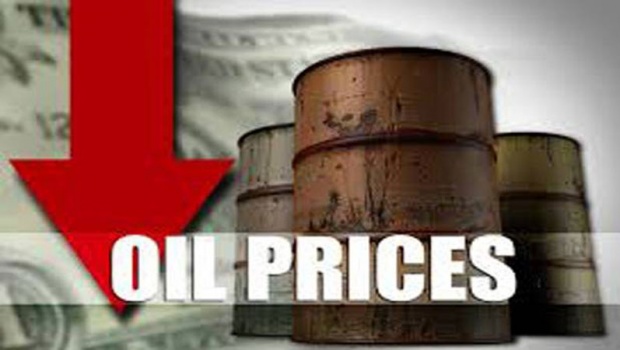For the first time in 12 years US crude prices has fallen below $30 a barrel. What could have been responsible for this decline?
After Nigeria’s top oil official and the outgoing OPEC President Emmanuel Kachikwu told CNN the oil cartel is considering an emergency meeting. That fueled hopes of an output cut that countries like Nigeria have been begging OPEC leader Saudi Arabia for.

On Tuesday January 12, 2016, Nigeria’s top oil official and the outgoing OPEC President Emmanuel Kachikwu who also is Nigeria’s Minister of Oil called for an emergency meeting to address the collapsing price.
New York’s benchmark West Texas Intermediate (WTI) for February delivery fell to $29.93 a barrel, a level last seen in December 2003.
Prices pulled back slightly at the end of trade to end 97 cents lower at $30.44 a barrel.
In London prices plunged as well, with the benchmark Brent North Sea crude for February ending down 69 cents at $30.86 a barrel.
The continued plunge in prices, with some analysts now seeing a $20 price in sight, spurred more turmoil in exporters, many feeling a deep squeeze on revenues from the collapse of the market.
Emmanuel Ibe Kachikwu said he expects an extraordinary meeting of the oil cartel in “early March” to discuss the declining crude prices.
“We did say that if it hits the $35 (per barrel level), we will begin to look (at)… an extraordinary meeting,” Kachikwu said at the Gulf Intelligence UAE Energy Forum.
“Nigeria’s call for an early OPEC meeting would be a constructive factor if it were to lead to an actual meeting and shift in policy,” said Tim Evans at Citi Futures.
Nigeria, Africa’s largest economy and foremost oil producer, has been ravaged by collapsing oil prices because crude accounts for 90 percent of the nation’s export earnings and 70 percent of overall government revenue.
Still, with Saudi Arabia and Gulf allies like the United Arab Emirates set on keeping prices down to run competitors — especially in the United States — out of the market, there remained doubts about whether the Organization of the Petroleum Exporting Countries could act.
“Nigeria’s call for an early OPEC meeting would be a constructive factor if it were to lead to an actual meeting and shift in policy,” said Tim Evans at Citi Futures.














